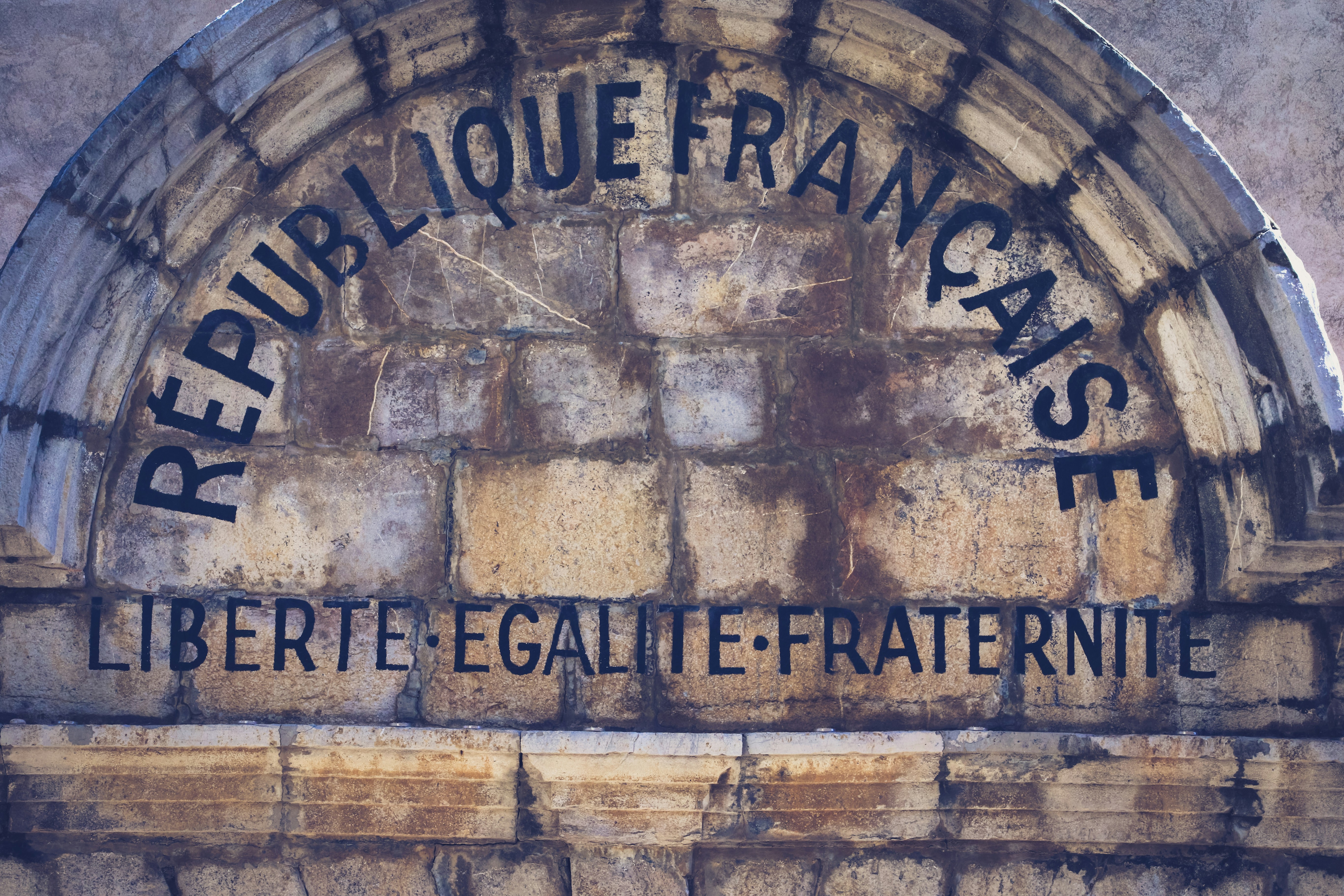Focus ROMI.HR
/During all his mandate (2007-2012) French President Nicolas Sarkozy led several campaigns to dismantle Roma camps. The result ? Around 9000 Roma people expelled per year since 2007. Did the national and European authorities agree with its politic?
The entry of Romania into the European Union on January 1, 2007, facilitated the movement Roma from Romania, who no longer needed a visa to enter France. At that time, French President Nicolas Sarkozy's policy toward the Roma community came under significant criticism. During his presidential term in France (2007-2012), he pursued a rather stringent approach toward the Roma. The expulsions of Roma increased from around 2,000 in 2003 to approximately 8,000 in 2008.
Sarkozy led several campaigns to dismantle Roma camps, justifying these actions on grounds of public safety and order. His government undertook camp clearances and forced evictions, often followed by the rebuilding of these camps by the affected populations.
However, until 2014, citizens of Bulgaria and Romania, including Roma from those countries, did not fully benefit from the principle of European free movement and, to work officially, required a residence permit and work authorization. Furthermore, the 2004 EU Community Directive on the free movement of EU citizens was not fully transposed into French law, particularly its provisions regarding guarantees afforded to expelled individuals.
Since 2007, the number of Roma from Romania expelled from French territory has ranged between 8,000 and 9,000 per year, representing approximately 30% of the targeted expulsions. These returns are largely “voluntary”, as they are accompanied by incentives of €300 per adult and €100 per child, as well as the provision of plane ticket.
In the period from January 1 to August 25, 2010, a total of 8,030 irregular migrants from Romania and Bulgaria were repatriated by France to their countries of origin. According to French Minister Éric Besson, 1,291 were forcibly transported, and 6,739 voluntarily, via 27 "specially chartered" flights.
In late July 2010, President Nicolas Sarkozy, prompted by two criminal incidents involving French members of the Roma community, decided to organize mass repatriations of Roma to Romania, sparking widespread controversy.
Again the concept of collective punishment is clearly appearing here and target a whole ethnic group. One error from your peers and you do not have the right to stay on the territory.
A circular issued by the French Ministry of the Interior on August 5, 2010, instructed prefects to evacuate "300 illegal settlements or encampments within three months, prioritizing those of the Roma," and to undertake a "systematic process of dismantling illegal camps, prioritizing those of the Roma."
According to some constitutional law experts, the phrase "prioritizing those of the Roma" violates principles of non-discrimination, while the entire circular contravenes the principles of free movement of persons and their right to residence guaranteed by European treaties and detailed by the 2004 directive (38/2004). It could also potentially violate the European Convention on Human Rights, which prohibits discrimination based on nationality, race, or ethnic origin.
On August 22, 2010, Pope Benedict XVI urged pilgrims to "welcome legitimate human diversity," which some interpreted as a critique of the actions taken by French authorities specifically against the Roma, an interpretation disputed by others.
On August 27, 2010, the United Nations Committee on the Elimination of Racial Discrimination (CERD) called on France to "ensure Roma access to education, health, housing, and other temporary infrastructure in accordance with the principle of equality" and questioned why it had "still not provided the necessary number of reception areas for travelers in accordance with the law of July 5, 2000, known as the Besson Law (Loi Besson)."
The annual cost of Roma repatriation to the French budget is estimated at between 200 and 250 million euros (according to figures from the French Senate).
On September 9, 2010, the European Parliament adopted a resolution urging France to "immediately suspend" the expulsions of Roma. The MEPs also claimed that the fingerprinting of expelled Roma was illegal and contrary to the Charter of Fundamental Rights of the European Union.
On September 14, 2010, Viviane Reding, European Commissioner for Justice, Fundamental Rights, and Citizenship, announced her "intention to launch two infringement proceedings against France's policy toward the Roma."
 Back to Focus
Back to Focus













